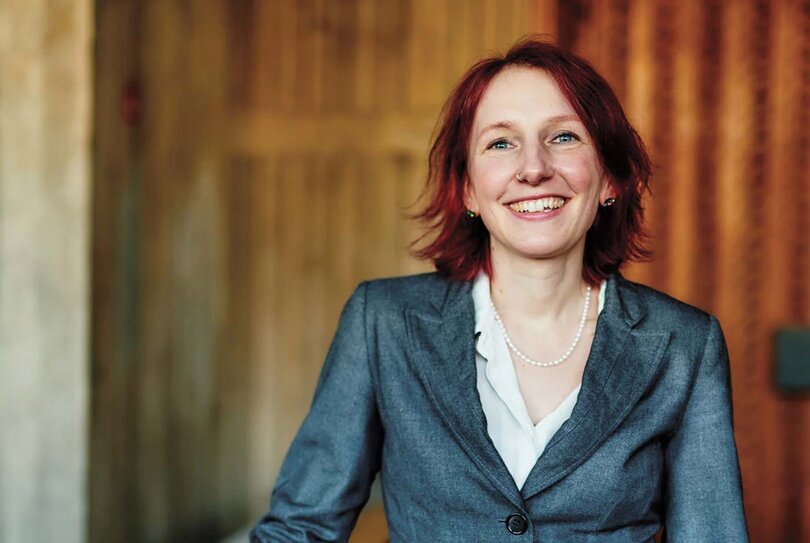You spent an Erasmus semester at Cardiff University in 2006 as part of your studies. What made you take this step? And how did your experiences there impact your subsequent career?
My goal has always been to gain an independent and diverse view of the world and of human knowledge. You can only develop a differentiated outlook if you know different viewpoints, cultures, sources of information and opinions. Spending time abroad during your studies can broaden your horizons in a really decisive way. My time with the Erasmus programme in Cardiff was different from that in Bremen, and it was an important experience for me to embrace new experiences, but also to appreciate what I have in my home country.
